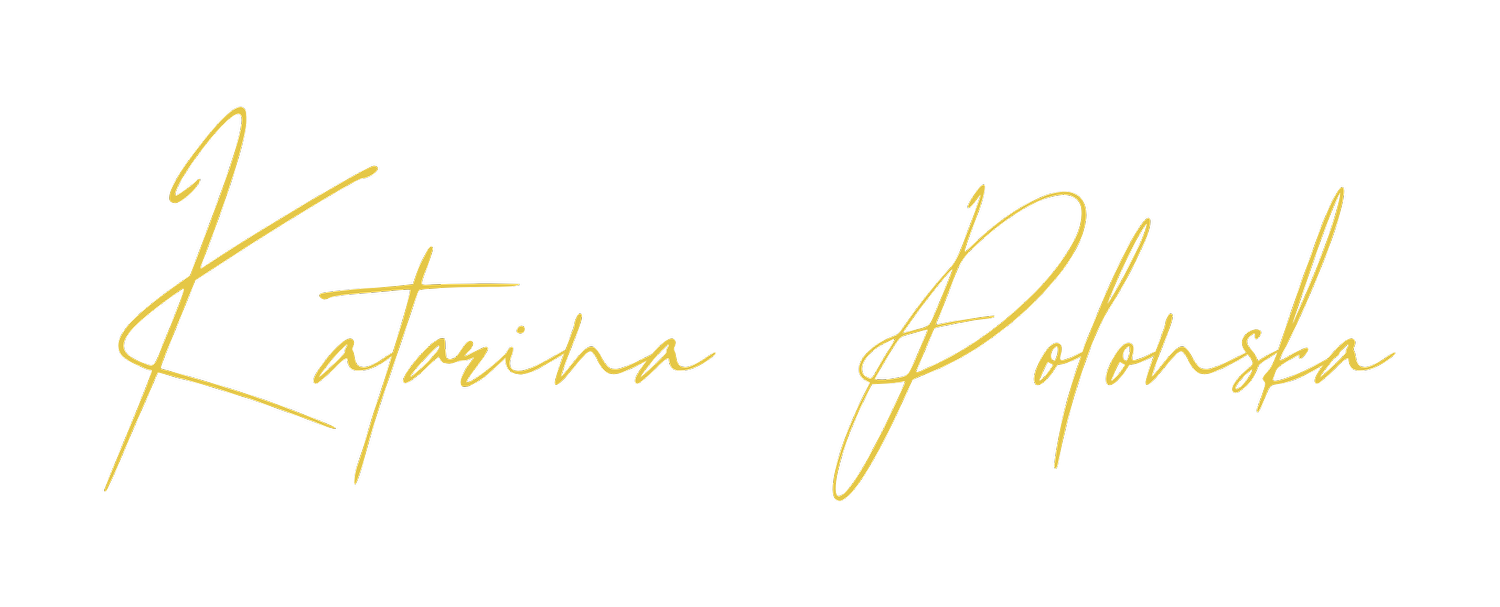Why is self-connection important? Part 1
I never thought I’d be a connection coach.
“Officially”, I don’t think there even is such a thing. Folks have called me a business therapist before, which makes sense since I work predominantly with professionals who are grappling with both personal and professional challenges. But when I started out, my original goal was to help folks, probably mostly women, become more embodied. I was obsessed with embodiment and embodied cognition work, as one of the most powerful tools I’d learned in all my personal and professional development.
However, as I began working with clients, I quickly realised that embodiment isn’t the end goal. It’s the vehicle through which they can arrive at the end goal.
And, in virtually all cases, the end goal was deeper self-connection.
Almost every founder, leader, and professional I worked with wanted to improve their sense of balance, clarity, and direction in life. To get really clear on where they’re going next, whether they’re the right person to take on a certain task or mission, and make better decisions. De-risking the process was always important, and taking manageable micro-steps forward to begin moving the needle on the changes they wanted to see, was also key.
As sessions went on, what became more and more clear with each client was that the problem wasn’t that they were bad at making decisions or didn’t know what to do. Very often they did know. They were just filled with self-doubt, uncertainty, and second-guessing themselves throughout the process. They felt alone in their decisions. Things felt fraught. Relationships were fragile. Some had addictions that they didn’t even realize were addictions: mild numbing out coping mechanisms to get them through their own loneliness. Most were afraid. Anxiety permeated everyone.
The problem was disconnection. Self-disconnection, to be more specific.
Which, I hate to say, we have all probably experienced at some point in our lives, and many of us, most even, live with every day.
What is self-disconnection? And how does it show up?
It’s a state of being disconnected. Of being so up in our heads that we’re unable to trust ourselves, our gut, our bodies. It’s where we’re on autopilot: grinding at work, ploughing through our day, and getting things done…but feeling ‘off’ or numb throughout. It’s when we sense something is wrong, or there’s a nagging voice in the back of our mind. Ruminating, overthinking…something.
But we just ignore it because we don’t even know where to start with looking at it. It’s when we can’t say no to people, feel weak willed, struggle with prioritisation, productivity, and feeling accomplished. We think we’re doing good work, often we don’t even know if we are, and oftentimes, it’s the only thing we have. The rest of our lives may feel confusing, uncertain, and unclear.
As I helped my clients to learn the art of self-connection in the early days of my coaching, I realised more and more that this is the key to authentic success. This is the key to leading from the core whilst having a wellbeing that is resilient, genuine, and deep-seated.
So I began to focus on this idea of self-connection. And I realised pretty quickly that through self-connection, you can deepen your capacity to connect with others. You also get clearer on your purpose and place in the world, and so you connect with the world at large better, too.
What does the science say about self-connection? Read more about what the data says in my next post!
P.S. How do you connect with yourself? DM me on LinkedIn or email me.

